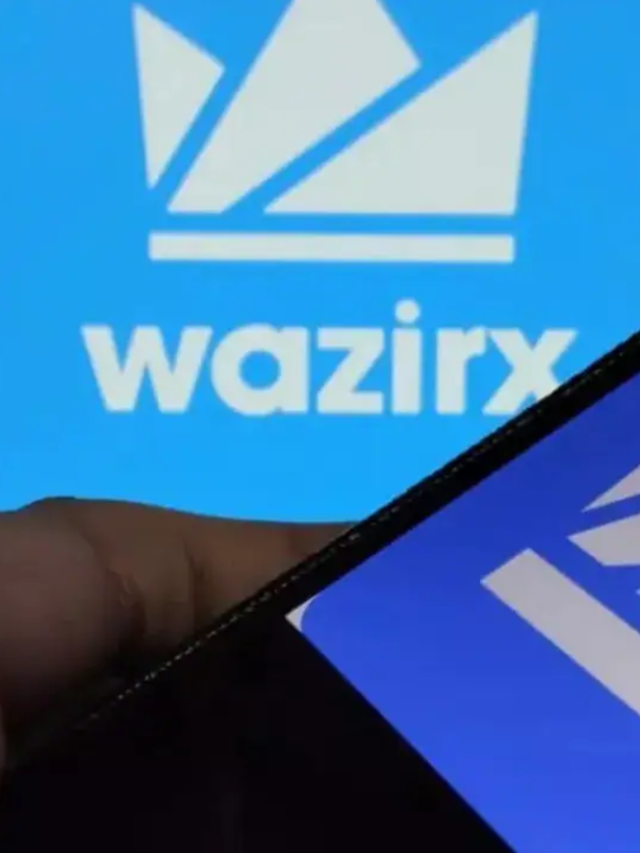Blockchain Cross-Border Trade and Logistics: What You Need In the context of the global economy today, conducting business has several challenges in international trade and logistics. Delays, fraud, and lack of transparency are some issues that generally arise in cross-border transactions. Fortunately, blockchain technology is here to help with innovative solutions that can make cross-border trade and logistics more secure and efficient.
What Is Blockchain?
Blockchain technology is essentially used to record digitized transactions across many computers. As the information contained is not under the control of any single entity, it is considered a decentralized ledger. Every transaction that takes place is added as a “block” to a “chain” of previous transactions. This is a very strong structure; hence, it is really difficult to alter or hack past records.
Improving Security
Security is very critical in cross-border trade and logistics. Blockchain comes with very strong security features. Since the data is decentralized, it can’t be hacked easily. Secondly, each transaction is encrypted and verified by multiple parties. This reduces fraud and other unauthorized transactions.
Improving Transparency
Another key benefit of blockchain technology is transparency. During the traditional course of business, it becomes tough to track the flow of goods and verify that all the transactions are authentic. Each transaction is created as a very transparent record in the blockchain, which the parties to the transaction can view. This type of transparency will help in avoiding disputes or errors from happening and also allow building trust between parties across borders in trade transactions.
Smoother Procedures
Efficiency is the essence of logistics. Blockchain automates several processes through smart contracts. Smart contracts are self-executing contracts with the terms of the agreement written directly into lines of code. These contracts are automated and enforce and execute an agreement when certain predefined conditions have been met. For example, a smart contract can release the payment only when the goods reach their destination. This type of automation reduces delays and minimizes paper work.
Reducing Costs
Another advantage of blockchain technology logistics is that it helps decrease costs. The traditional modes of cross-border trade incorporate many middlemen, all of whom elevate the cost of the transaction. Blockchain does not require intermediaries to such a great extent because it enables direct transactions between parties. This reduction in middlemen reduces the fees and increases the speed.
Improving Traceability
In today’s world of international trade, traceability has played a very vital role in industries like food and pharmaceuticals. Blockchain seems to be able to trace goods down to the last mile, from their origin to their final destination. This tracing ability ensures quality and complies with regulations against issues such as product recalls or disputes.
Overcoming Challenges
Substantial investment: Implementing blockchain technology logistics requires a significant amount of money. Not only is the technology costly, but infrastructural changes must also be made to support these new operations. In addition, employee training is essential because workers need to understand and adapt to using the new system. The investment might look burdensome at first, but after all, it is necessary for businesses to stay competitive with the huge long-term benefits they can win from blockchain technology.
Complex change management: Adopting blockchain technology requires an organization to change almost everything from systems and processes in place. This can be a long and arduous task. Overcoming this mindset is important in making a successful transition, as the change affects all the technological structure as well as people within organizations as such. Staff and associated stakeholders that are wary of innovation will provide the greatest obstacle. But once these are established, the organization will become more efficient, healthier, and an innovative enterprise.
Regulatory challenges: The regulatory landscape for blockchain and cryptocurrency is still unsettled, with different regions having different laws and regulations in place. This uncertainty makes it difficult for businesses to adopt blockchain technology. Enforcement can be a complex and expensive business cost, especially for global companies following myriad regulations in every jurisdiction. Furthermore, if there is no unified legal system, this lack will affect the corporate decision-making process. When considering whether to invest in future operations based on new procedures, pilots should not ignore these realities, and their associated risk-taking judgments also need full recognition.
Technical hurdles: Blockchain technology, though promising, has several technical difficulties that could hinder its adoption. Scalability is a major problem; many blockchain networks are unable to quickly process vast amounts of transaction capacity. Interoperability between different blockchain platforms is another problem; this makes it difficult for businesses to use their old systems or even other blockchain networks. In addition, the high energy consumption involved with blockchain, especially proof-of-work systems, represents an environmental problem. Addressing these technical issues is essential for successful deployment and widespread use of blockchain.
Long-term benefits: Despite the significant difficulties that blockchain entails, the long-run benefits often outweigh what has been spent. Improved security is one of the most attractive things about blockchain technology. It not only greatly enhances the resistance to an attack as it is decentralized and difficult for any malicious individual or group of people acting together to alter, but it also provides high resistance against tampering.
The transparency provided by blockchain can also enhance trust and responsibility within various industries, from finance to supply chain management. At the same time, blockchain logistics also lowers costs by streamlining processes and reducing the number of intermediate links any company has to pass through. As the technology matures further and regulatory frameworks are solidified, the use of blockchain technology will likely accelerate, transforming whole sectors.
Conclusion
The effect of blockchain technology on inter-border trade and logistics is only going to increase. More and more businesses are turning to blockchain to help them gain a competitive advantage. We will see even more significant strides taken in how global trade is conducted with continuous advancements. Blockchain is disrupting cross-border trade and logistics with increased security, transparency, and efficiency, transforming how businesses run across borders. Embracing blockchain might thus lead to a more secure, transparent, and cost-efficient global trading environment.




















